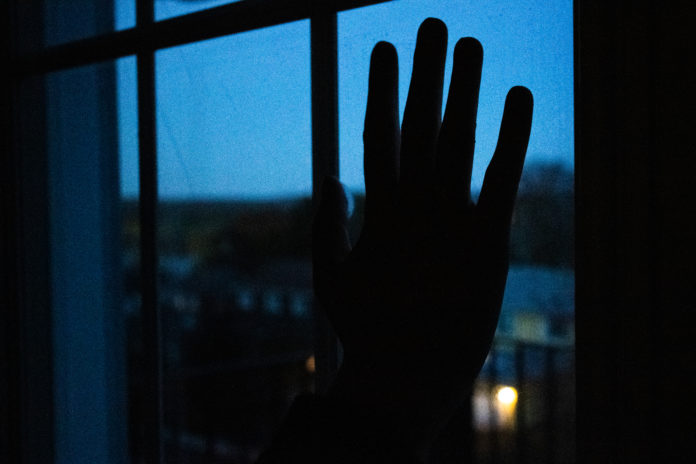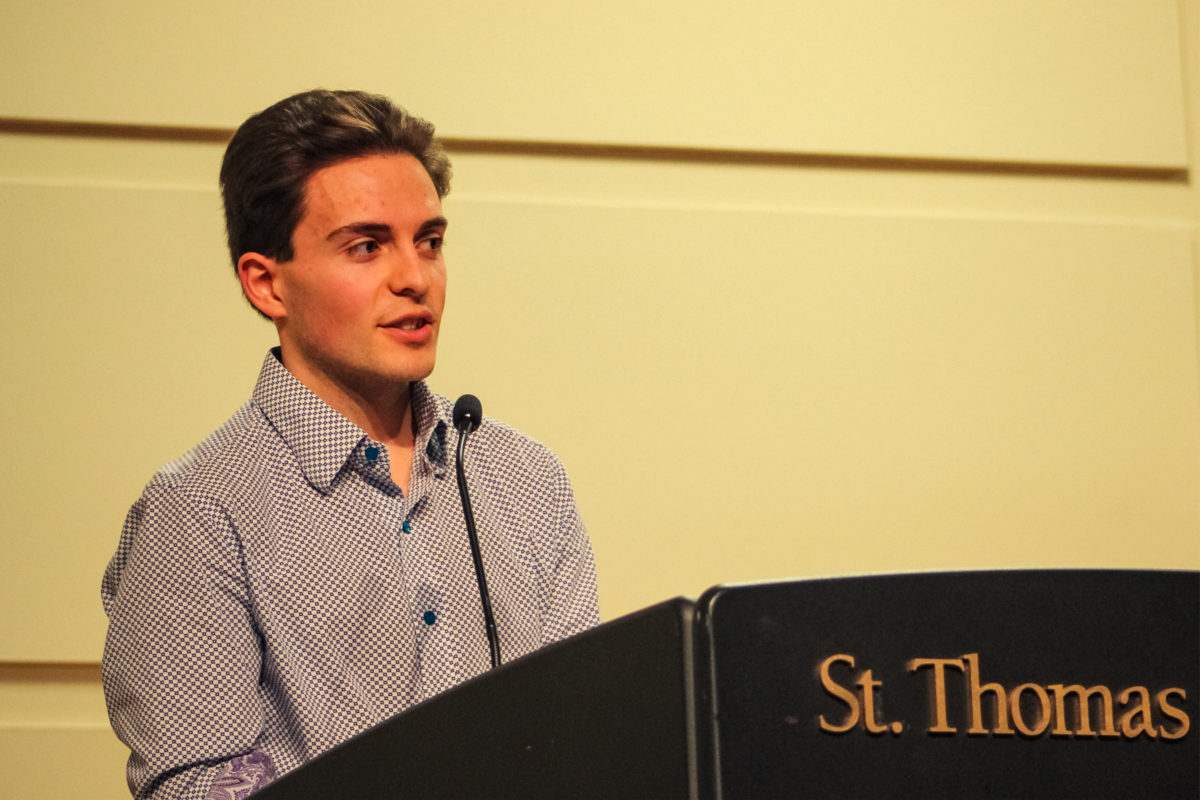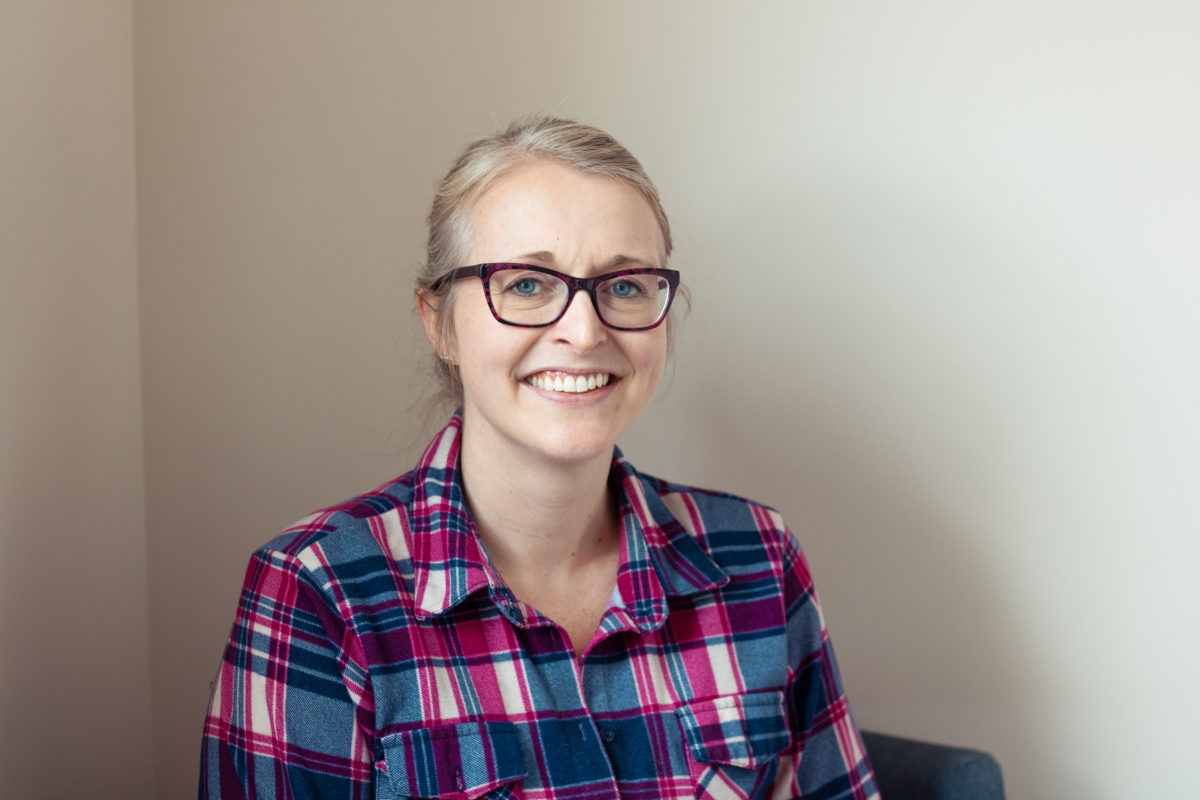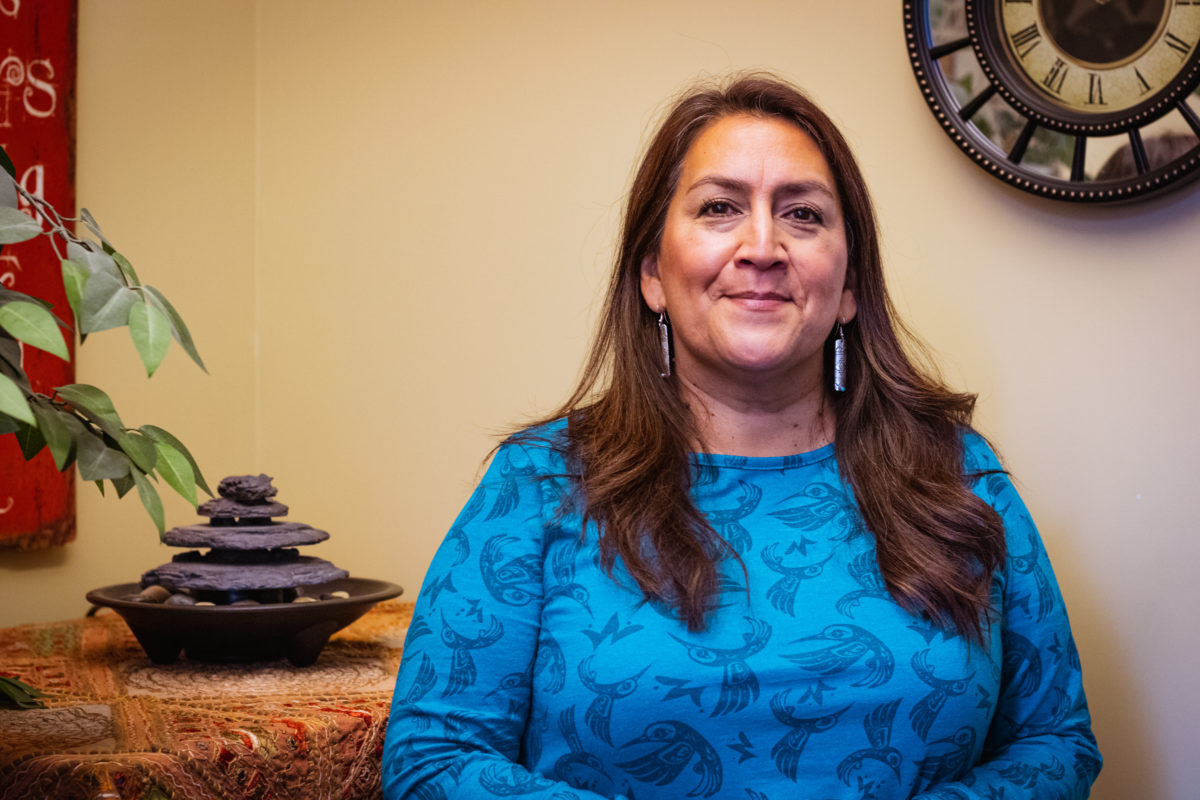
Patrice Cammarano, a fourth-year St. Thomas University student, co-founded the STU Mental Health Society in 2019 to bring a peer-to-peer aspect to mental health services on campus.
“[The society] was founded with the goal of really just helping students on campus be more aware of the importance of self-care and the use of inclusive language,” said Cammarano.
Throughout the year, the society organizes different events like fundraisers. Half of the proceeds raised at these events are used towards providing free activities to students and the other half is donated to a local charity. Last year, the society donated $500 to the Maddy Murphy memorial fund.
“We do want to erase the stigma that you do need to be struggling a lot before getting help,” said Cammarano.

Kelly Humber Kelly is the mental health coordinator at STU and a licensed counselling therapist. She said students aren’t always aware of the resources available on campus.
Depending on what STU students feel comfortable with, they can book appointments for one-on-one or group counselling sessions. STU also offers online coping skills workshops every Tuesday.
The purpose of the workshop allows students to set goals and reduce stress and anxiety.
“The focus is often around thinking. The way we think dictates the way we feel, which often dictates behaviour,” said Humber Kelly.

STU mental health services also organize self-care events for students. These are lighter events that encourage students to think about mental health in a fun, social setting. This includes dog therapy, paint nights or decorating cookies. These events are delayed until COVID-19 restrictions in the province are lifted.
Humber Kelly said there are a lot of students seeking help right now and the different resources on campus make it easier to meet student needs. She said while students deal with a variety of issues, the most common are anxiety, mood fluctuations and relationship problems.
Humber Kelly said there are coping strategies that already exist in students’ lives. Getting enough sleep, exercise and good food, as well as leaning on social supports like family and friends can have a significant impact on mental health.
“It’s all about how it’s impacting you and how you’re functioning. It’s normal to feel overwhelmed at busy times of the year but if it’s impacting relationships or academics [or] your ability to function, it’s a good idea to talk to someone,” said Humber Kelly.

Wendy Matthews is a counsellor and social worker at STU. She is a member of the Wabanaki Support Team as well as the mental health services on campus. Matthews provides both Indigenous and Western approaches to counselling.
“I commend STU on having an Indigenous counsellor because we do have a number of students who belong to the [Black, Indigenous, people of colour] community,” said Matthews.
Matthews said it’s important for students to see members of the BIPOC community in professional roles and on-campus supporting students. She said it’s also important that the option to speak to an Indigenous counsellor is available to Indigenous students.
“The Indigenous approach is more holistic, meaning it’s looking beyond the mental health piece,” said Matthews. “It’s looking at things like spirituality and wellness, the role of traditional medicine, Elders’ wisdom and connection to Mother Earth.”
Matthews said the pandemic forced students to adapt. She said there’s no doubt being in isolation for the last year and a half has students appreciating the transition to in-person courses.
With the uncertainty this year may bring, Matthews said “rather than looking through a lens of fear, having more of a curious mind” can help students.
